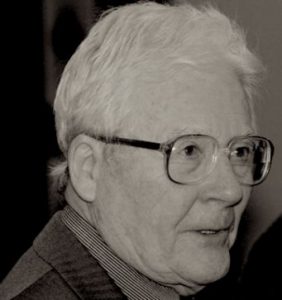Bruno Latour in the Los Angeles Review of Books:
 I WAS TOLD by Stephan Harding that “if there was the slightest chance of a cold, we will have to cancel. He had bronchitis not long ago; we can’t afford to take any risks.” But, despite the Arctic cold that had descended on England in February, I wasn’t coughing or anything, so we decided to embark. Nevertheless, we took the precaution of washing our hands carefully with antiseptic soap a few times. And then we were off for the coast of Dorset, in the south of England, in the direction of Cornwall.
I WAS TOLD by Stephan Harding that “if there was the slightest chance of a cold, we will have to cancel. He had bronchitis not long ago; we can’t afford to take any risks.” But, despite the Arctic cold that had descended on England in February, I wasn’t coughing or anything, so we decided to embark. Nevertheless, we took the precaution of washing our hands carefully with antiseptic soap a few times. And then we were off for the coast of Dorset, in the south of England, in the direction of Cornwall.
At 98, James Lovelock is a very old man. His thinking is all the more important in that it avoids the academic, and he was the first to theorize what in ecology and Earth sciences is called the “Gaia” hypothesis, which I can provisionally summarize at this stage of my inquiry: the Earth is a totality of living beings and materials that were made together, that cannot live apart, and from which humans can’t extract themselves.
I had never imagined I would meet the father of Gaia. I had read all his books, but I was not all that keen on his recent statements in the press, his somewhat bizarre political ideas, and his inflated enthusiasm for the nuclear industry. Nor was I one for visiting the places where my favorite authors wrote their books. But Harding, his friend and disciple, had assured me that Lovelock wanted to meet me. He was wondering why a French philosopher was interested enough in the Gaia theory to devote a whole book to it [Bruno Latour’s Facing Gaia: Eight Lectures on the New Climatic Regime, was published by Polity in 2017].
More here. [Thanks to Asad Raza.]
